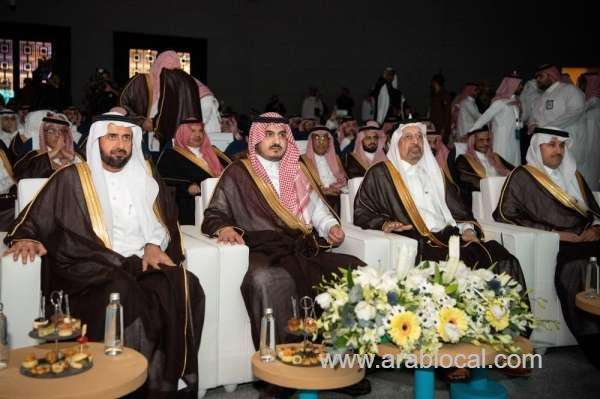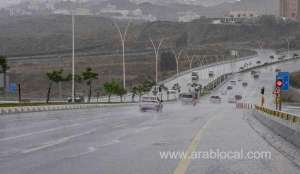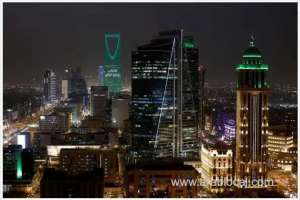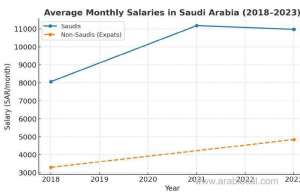There are currently 1.3 million foreign pilgrims and visitors present in Makkah and Madinah this year, according to Minister of Hajj and Umrah Tawfiq Al-Rabiah. “All procedures have been improved remarkably and there has been a major qualitative shift in the movement of worshipers as well as the services and facilities provided to them inside the Two Holy Mosques, thanks to the tremendous efforts being exerted,” he said during a dialogue session at the Manafea Forum, which kicked off Monday.
Al-Rabiah said: "We are working to enrich pilgrims' and visitors' experiences and also to enable them to enjoy the ancient history of the holy cities. We have more than 100 historical sites in Makkah and Madinah," he said. According to Al-Rabiah, the ministry has a mammoth system for serving Hajj and Umrah pilgrims. This year, more than two million pilgrims will perform Hajj in the Kingdom.
One of the changes is that there is no competition from outside the Kingdom because of a historical legacy. "Now that tawafa organizations have been transformed into companies, there will be competition, and we expect quality, which will affect the investment climate. It is our goal to open up the market to large companies," he said, noting that the establishment of the Kadana Company will lead to redevelopment of infrastructure and increased capacity.
Under the patronage of Prince Khaled Al-Faisal, emir of Makkah and advisor to the Custodian of the Two Holy Mosques, and in the presence of Deputy Emir of Makkah Prince Badr bin Sultan, the Manafea Forum opened. Umm Al-Qura Development and Reconstruction Company, owner and developer of Masar destination, is sponsoring the forum, organized by Makkah Chamber of Commerce and Industry. To achieve the Kingdom's Vision 2030 and the Guests of God Program, the forum brought together experts, decision-makers, and business leaders.
Abdullah Kamel, chairman of the Board of Directors of Makkah Chamber of Commerce and Industry, stressed the importance of the forum sessions in promoting cooperation and integration between the public and private sectors, in support of Makkah and Madinah's status as a center of business activities in the Islamic world.







